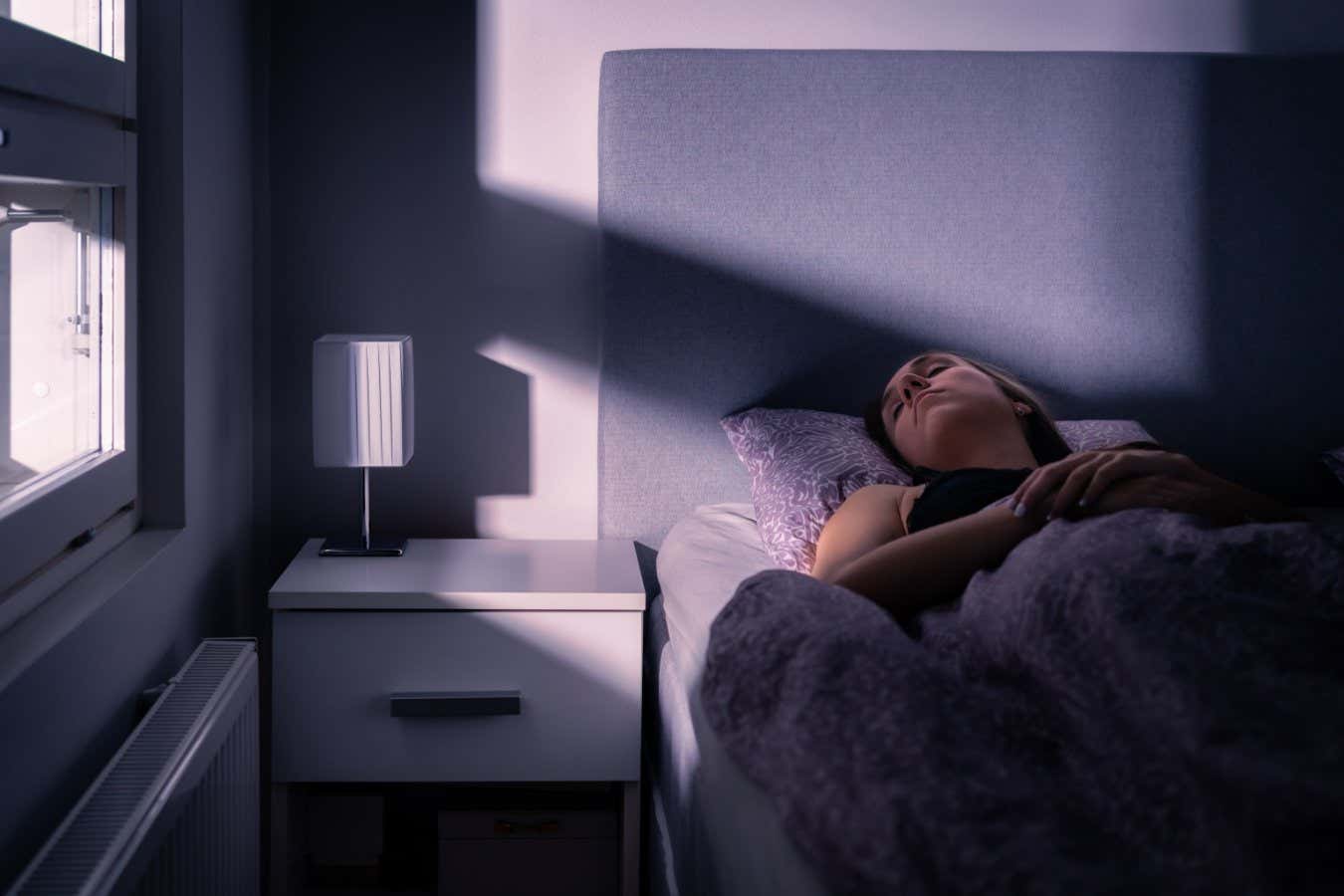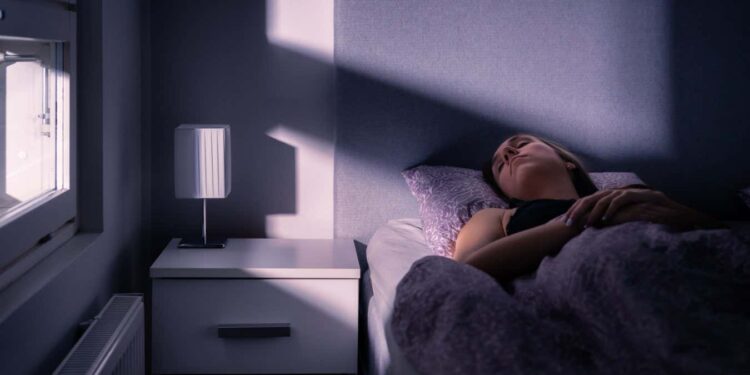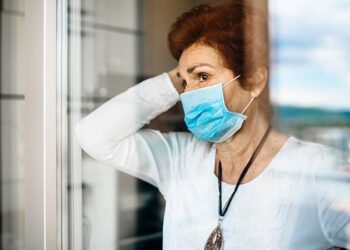
It may be worth making your nighttime environment as dark as possible
Tero Vesalainen/Shutterstock
The more light you are exposed to at night, the higher your risk of heart disease, according to the largest study yet on how night light affects heart health.
Multiple environmental and behavioural cues synchronise our body’s circadian rhythms – internal clocks that govern physiological processes. But modern life can throw off these biological timers, increasing our susceptibility to different conditions.
Light, a major enforcer of circadian rhythms, has long been linked to various health impacts. For instance, shift workers exposed to light at night have a higher risk of heart disease.
Previous studies that used satellite data found associations between people living in bright, urban areas and heart disease, but they only measured outdoor light at night. Daniel Windred at Flinders University in Adelaide, Australia, and his colleagues wanted to know whether an individual’s overall light exposure was associated with cardiovascular problems.
They tracked about 89,000 people without cardiovascular disease who wore light sensors for one week between 2013 and 2016. “This is the biggest study of personal light exposure patterns and cardiovascular health to date,” says Windred.
The sensors captured any natural or artificial light from their environment, including that emitted from phones. Over eight years, those with the brightest nights had a 23 to 56 per cent higher risk of developing cardiovascular disease than those with dark nights.
An example of a person in the highest light exposure group might be someone who turned on overhead lights for an hour between midnight and 6 am. “This would have placed them in the top 90-100th percentile of night light exposure,” says Windred. He adds that the body continues to respond to an artificial light after it has been switched off, and even short exposures can affect circadian rhythms.
The researchers controlled for factors like sex, age, smoking and shift work. They also showed that the association between light exposure and heart disease risk was independent of sleep duration or efficiency, or a genetic predisposition to heart disease – pointing to night light exposure as the key driver of the results.
Intriguingly, although women typically experience lower rates of heart disease at the same age as men, due to oestrogen’s protective effects, the women in the study exposed to bright night light had similar heart risks to the men. Evidence suggests that women experience greater suppression of the hormone melatonin, which drives circadian rhythms, in response to bright light, says Windred. “Their circadian system is more sensitive to bright light compared to men.”
Disruption to circadian rhythms can impair glucose tolerance, increasing the risk of type 2 diabetes, which is itself a risk factor for heart disease. This disruption can also affect blood pressure and increase the risk of abnormal heart rhythms due to conflicting signals between the brain and heart.
“The importance of these observations cannot be understated,” says Martin Young at the University of Alabama at Birmingham. “With the advent of the 24/7 society, disruption of our circadian systems has become increasingly common. This study highlights the significant health hazards associated with exposure to [light] at the ‘wrong’ time.”
Windred recommends everyone try to make their nights darker. “Choose an interval of time when you are usually asleep and protect the darkness of this interval each night. If you get up during the night, use dim, warm lighting, and avoid turning on bright overhead lights.”
Topics:
Source link : https://www.newscientist.com/article/2486543-nighttime-light-exposure-linked-to-heart-disease-in-largest-study-yet/?utm_campaign=RSS%7CNSNS&utm_source=NSNS&utm_medium=RSS&utm_content=home
Author :
Publish date : 2025-07-03 09:00:00
Copyright for syndicated content belongs to the linked Source.














